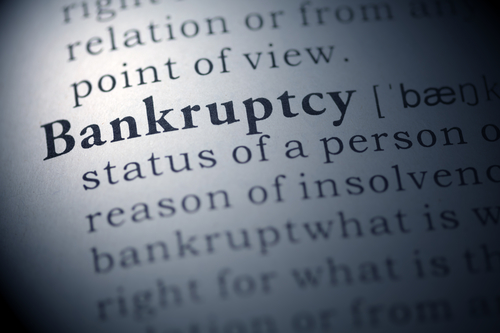After Surrendering in Bankruptcy, Contesting Foreclosure not Allowed
Oftentimes, a Debtor files a Bankruptcy petition that will stay a pending foreclosure. Should the Debtor seek relief under Chapter 7, all property of the Debtor becomes property of the Bankruptcy Estate and subject to disposition by the Chapter 7 Trustee, with court approval. Should the Chapter 7 Trustee determine that there is no equity in the mortgaged premises, he/she will “abandon” the property, and title will then revert back to the Debtor. The Debtor must then either pay the secured debt, or “surrender” the property to the Secured Creditor in satisfaction of, at least, the secured portion of the debt.

